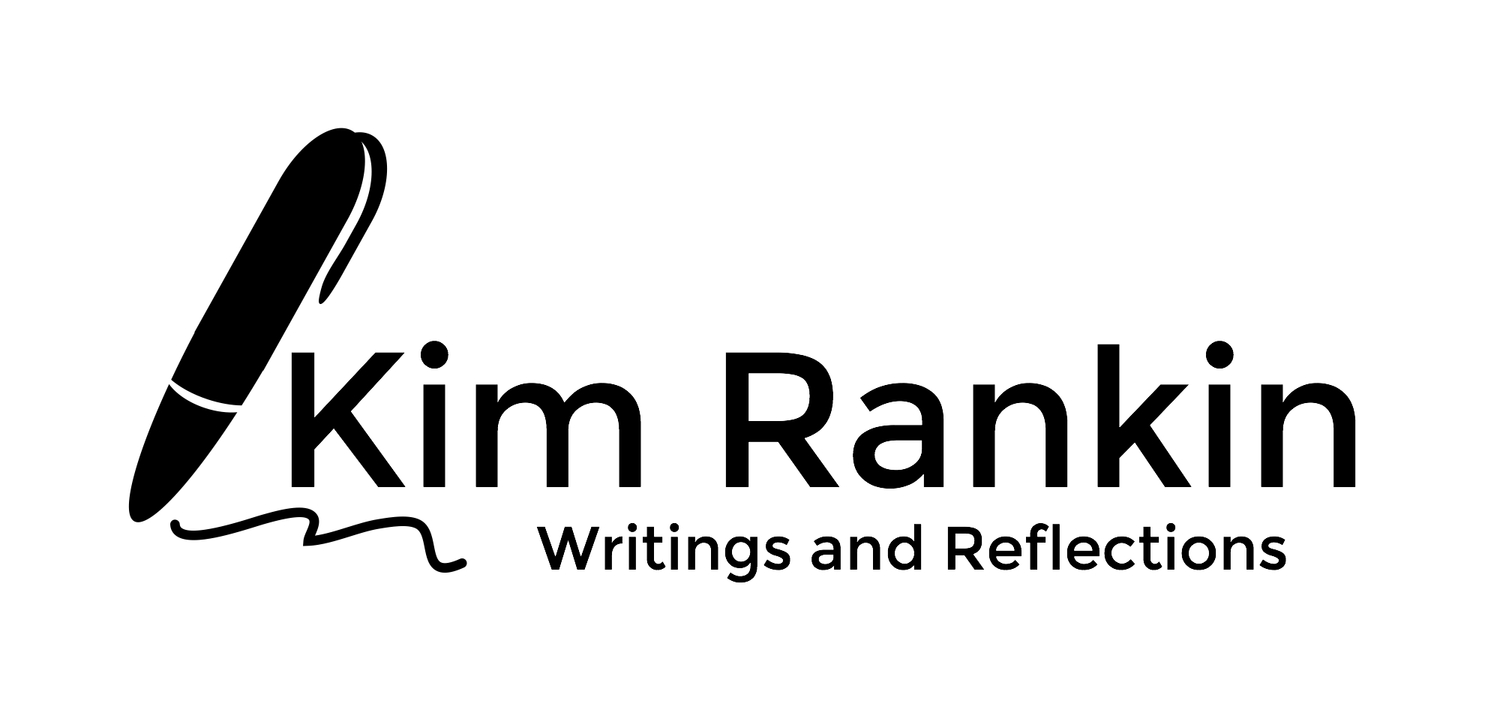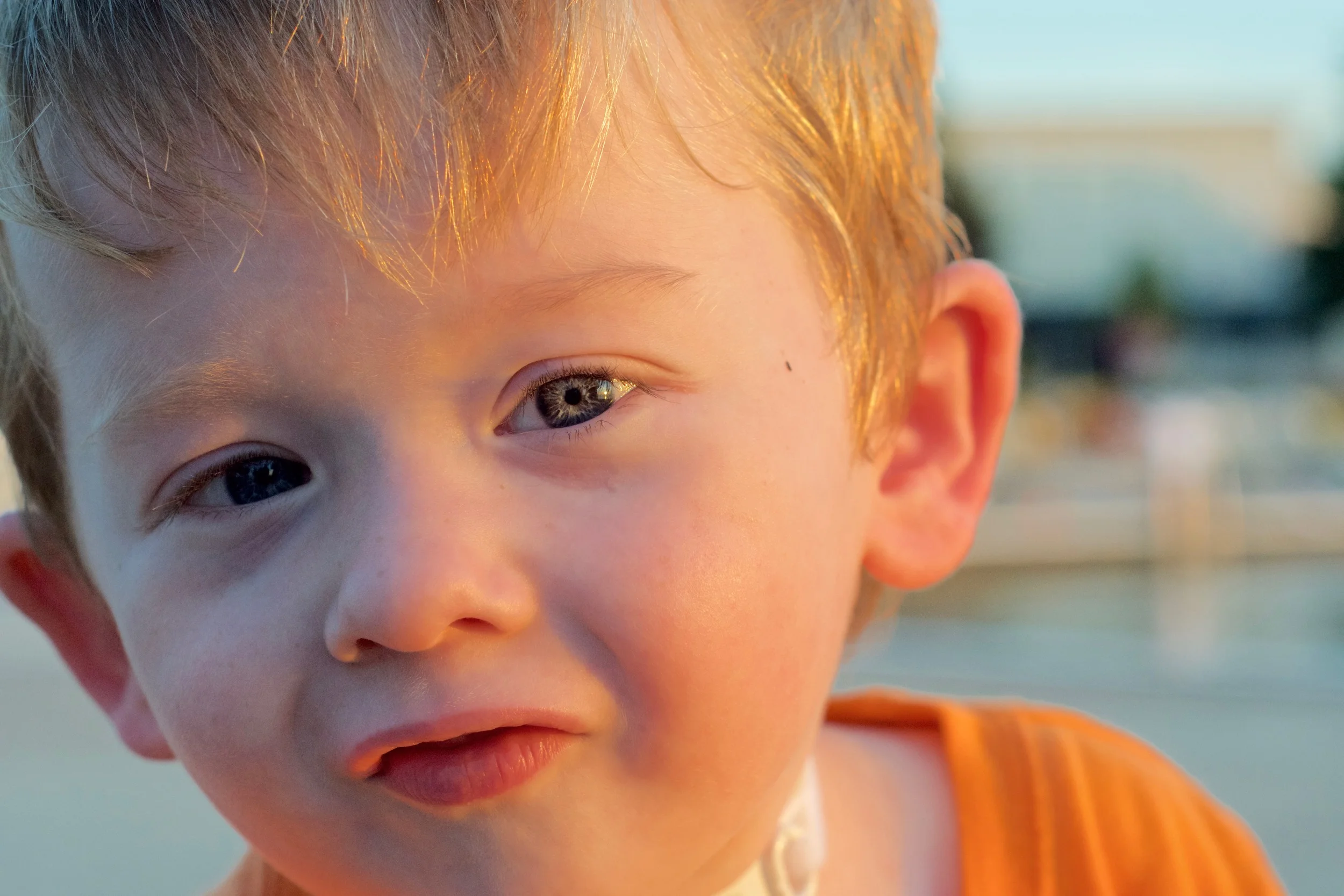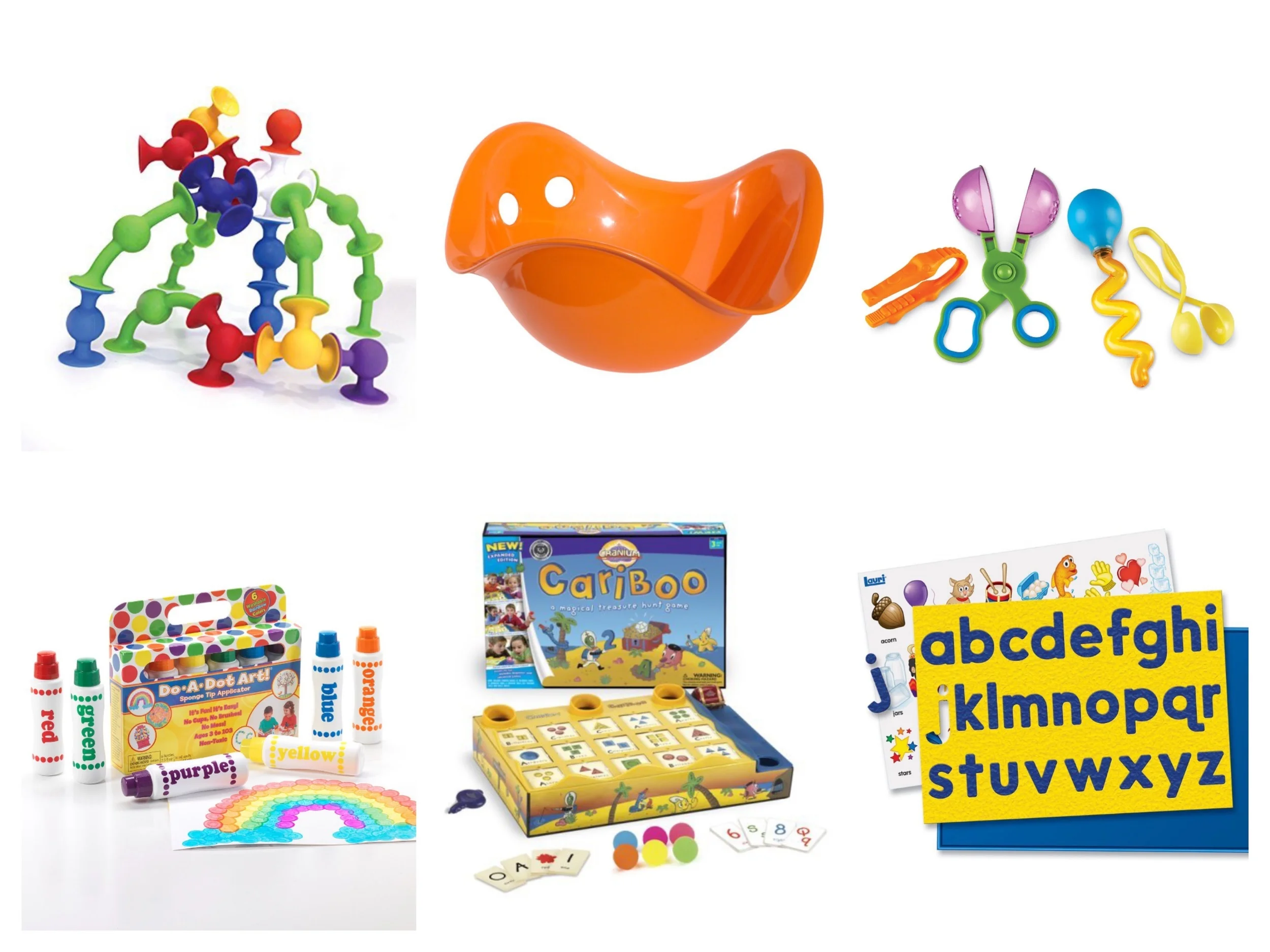I Wish My Child Could Scream... Or at Least Whimper
It was during the second meeting of developmental language group that I realized another layer of complexity because of Nathaniel's inability to produce any audible noise with this vocal cords.
He can not scream to protect himself from others or get help.
Nathaniel was playing quietly at the water tub when a playmate decided he wanted the whole side of the three foot by two foot basin to himself. He was playing to Nathaniel's right and moved closer. Closer then became the other boy's left side pressed against Nathaniel's right side. The boy took a step to the left, forcing Nathaniel to do the same to keep his balance. Another step. Another. Each created a slow, but effective nudge moving Nathaniel quietly down the side of the water basin until he suddenly found himself no longer able to reach the water. He stood motionless for a second looking at his new friend. He had no way to vocally protect himself from being treated this way. Nathaniel reached out to touch the boy. He does this a lot with other children, perhaps in absence of being able to connect with them verbally. It was not a push or hard touch, just a reach. The little boy yelled, "Stop it!" high pitched and loud, successfully soliciting a student clinician's attention. "Keep your hands to yourself, Nathaniel," was her response, unaware of what had happened moments before but seeing Nathaniel's still outstretched hand. Nathaniel left the water tub.
One of the challenges facing our family and Nathaniel's therapy team is how to give him the same power and immediacy that a scream, or a cry, or that shouting "HELP," or "NO," or "STOP IT" provides a person with the ability to vocalize. The above scenario, played out in similar ways over trucks or books or everyone's favorite cooking pot in the pretend kitchen, happened over and over at language group this summer. Children are children. They take things, They move into each others' space. They step on toes. When on the receiving side of such injustices, most children protest quickly and loudly. They began learning the moment they were born that creating noise, any kind of noise, brings the help of an adult. Nathaniel did not have that ability. He currently has no quick, loud way to get immediate help.
This realization became even more stark and sad to me when I spent time with my daughter after the birth of her baby. It was time for me to leave and little Blaise was sleeping peacefully in her bassinet beside Bailee's bed. I watched her until the minutes swept past time to go and then walked to the door, Bailee following. She continued to follow me onto the deck of their second floor flat. "You need to stay in the bedroom with her," I said reflecting how I must mother my little one. Bailee scrunched her eyebrows and looked confused. "I'll hear her if she wakes up and cries, Mom. The door is open."
At seven days old, my granddaughter had a communication skill, she had a power, that her Uncle Nathaniel will never have. My granddaughter's cry wakes her mother at night. It will be heard and responded to when she falls off her tricycle or is stuck at the top of a tree. It will be heard and responded to the first time she is pushed down by another child. When stranger-danger makes everyone a villain. When her fingers are stuck in a door. When her heart breaks over a boy. The night before she leaves home for college. I drove the two and a half hours from granddaughter to Nathaniel that morning crying with happiness that my granddaughter's cry will bring her mother from the deck. Crying with sadness that Nathaniel has no cry, no scream, no moan, no whimper.
I very much dislike these layers being pulled away and seeing what is underneath. I dislike how raw and vulnerable it feels. I hate how vulnerable having no scream leaves Nathaniel. Children with disabilities, developmental delays, and special health needs are at higher risk for bullying and abuse, by their peers and adults. The situations and issues I see now - being shifted away from the water table and being misunderstood by the supervising adult - are very minor. But they foreshadow the difficulties we will face in the future with Nathaniel's peers, nurses, teachers, camp counselors, Boy Scout leaders, doctors, youth pastor, and other adults responsible for his well-being. His vulnerability increases others' responsibility. His vulnerability means I could not walk outside leaving the door slightly open trusting I would hear if he woke and needed me..
It was this very issue that caused me to recognize his first alternative communication tool. Nathaniel sleeps with an oximeter on his foot. It reads his oxygen level and heart rate continually and has piercing loud alarm when either go too low or too high. It sounds off the same alarm when the sensor doesn't pick up a reading. Nathaniel found his feet for the first time when he was around a year old. For a week or more, he would wake from his nap, play with his feet, and then explore the oximeter tape and cord. One day, he worked the tape off and the alarm sounded. We started waiting until Nathaniel removed the monitor before responding to him, even though most often we were sitting in the same room. He learned quickly that this was his way to "call us." It was his cry. It gave him power. Nathaniel still removes his oximeter monitor from his foot first thing in the morning, at the end of every nap, and in the middle of the night if he wants adult help.
As he gets older and ventures beyond the nursery and its monitors, we must search for new ways to give Nathaniel a loud, attention-getting sound or noise. The student clinicians at language group were very open to my observations and concerns about the water table; they were equally concerned and suggested we teach him to clap or stomp his foot when he needs immediate adult attention. One of Nathaniel's older brothers designed a small device that fits over his tracheostomy tube that makes a noise when he exhales. We were able to 3D print it and are trialing it often. Nathaniel's therapy team are consulting with other therapists who work with deaf children to learn how they solicit adult attention and help. I am hopeful that we will be able to reduce the size of his alternative communication device and that his fine motor skills will become more refined, both making his talker a more portable and a faster solution. The possibilities are only as endless as our creativity, and I suspect we will find a variety of solutions to fit various and unique environments.
But the bottom line is the bottom line. Nathaniel's airway is shut completely. Permanently. His vocal cords will never move. His voice will always be alternative. His cry for help will always be alternative. His scream will always be alternative. When he needs me in the middle of the night - alternative. When he falls off his tricycle or is stuck at the top of a tree - alternative. When he is pushed down by another child - alternative. When stranger-danger made everyone a villain - alternative. When his fingers are stuck in a door - alternative. When his heart breaks over a girl - alternative. The night before he leaves home for college - alternative. And as hopeful and as creative as I try to be about alternative, I am concerned that alternative might not always solicit the same response as a person crying for help or screaming with human vocal cords. I am concerned alternative will not be loud enough, strong enough, or demanding enough to stop water tub injustices. Or worse injustices. I am concerned that Nathaniel's vulnerability will not always be met with others' increased responsibility. Responsibility to hear alternative. Responsibility to respect alternative. Responsibility to protect and to defend. Responsibility to be the voice for the voiceless. Because admitting my most vulnerable realizations, I must acknowledge that even the best thought out plan for alternative will likely fall short some day, and Nathaniel's dignity, safety, and perhaps very life might be dependent on how those around him react at the moment alternative fails. Nathaniel's dignity, safety, and perhaps very life might be dependent on how those around him see. Dependent on how they hear. Dependent on how they hear my son's silent scream for protection and help.
"I wanted to scream as I stood there, my toes hanging over the edge of the dock. I wanted to let a gut-wrenching howl rip from my disfigured throat toward those clouded skies. I wanted to say every swear word my mother had ever taught me not to say.
I would have settled for a cut-off whimper,
just as long as some kind of sound came from my lips."
What I Didn't Say
Keary Taylor






